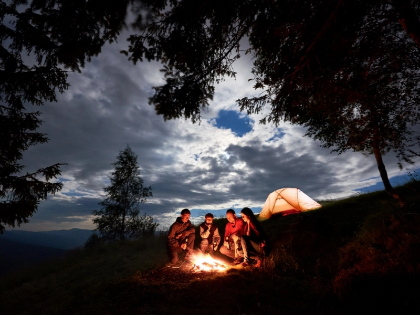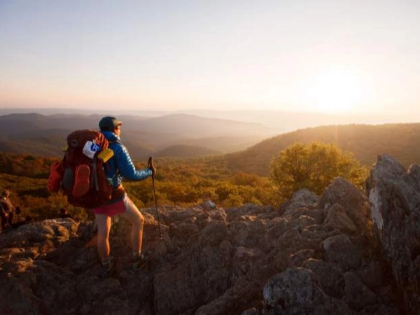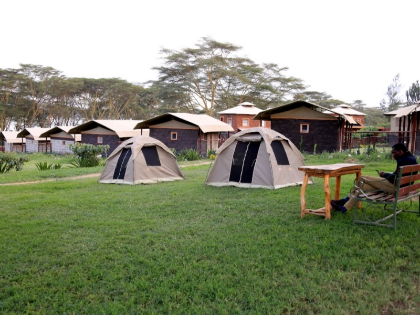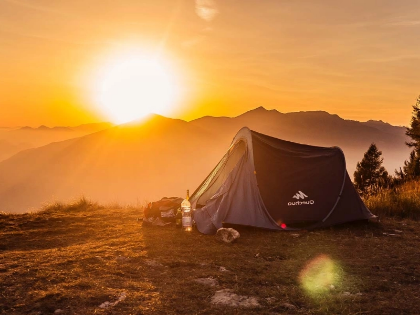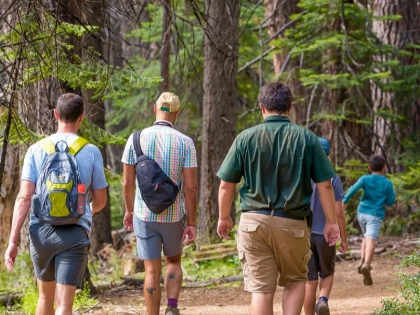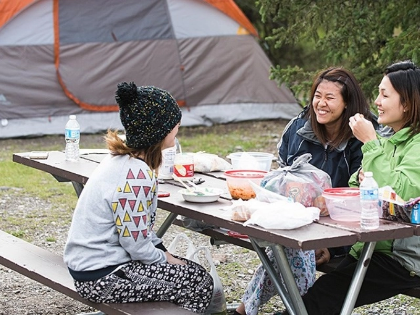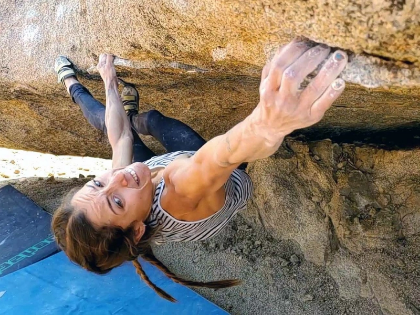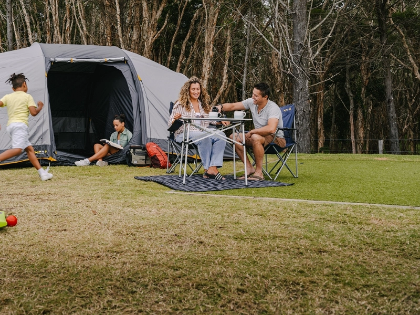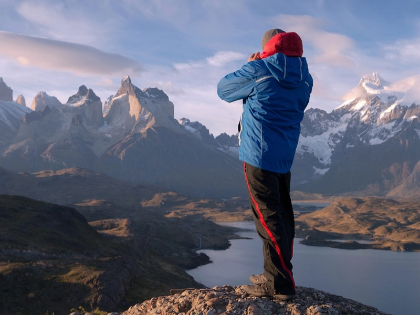Can 30 Minutes a Day of Walking Help Me Lose Weight?
Walking is a great way to reduce weight because it burns a lot of calories. But in order to shed a substantial quantity of weight, you should also cut back on your caloric intake and increase your physical activity level.
You can increase your walking effort and aid in weight loss by modifying your inclination and using short power intervals.
Burn Calorie
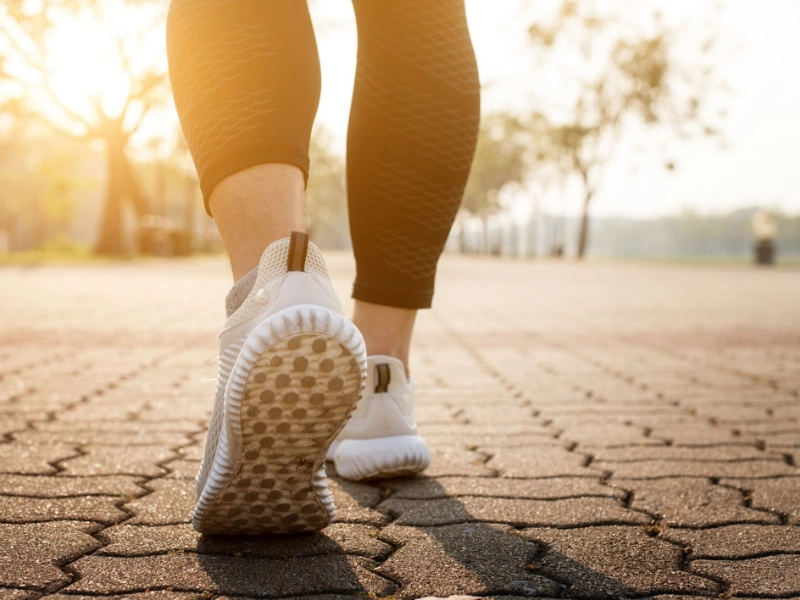
Walking aids in weight loss by burning calories. Additionally, it tones the muscles in the back, legs, and core. Incorporating arm motions can intensify the burn and target the triceps. Use a pedometer to measure how many minutes you spend walking each day to ensure you are receiving adequate exercise. It might inspire you and assist you in achieving your objectives!
The number of calories you burn when walking is determined by your body weight. An individual weighing 150 pounds will expend more energy in an hour than a person weighing 100 pounds. Walking distance and speed have an impact on how many calories you burn.
The key to reducing weight, according to a lot of doctors, fitness instructors, and health coaches, is to maintain an activity schedule. A simple and manageable strategy to begin and continue a regular workout regimen is to walk.
Develop Muscle
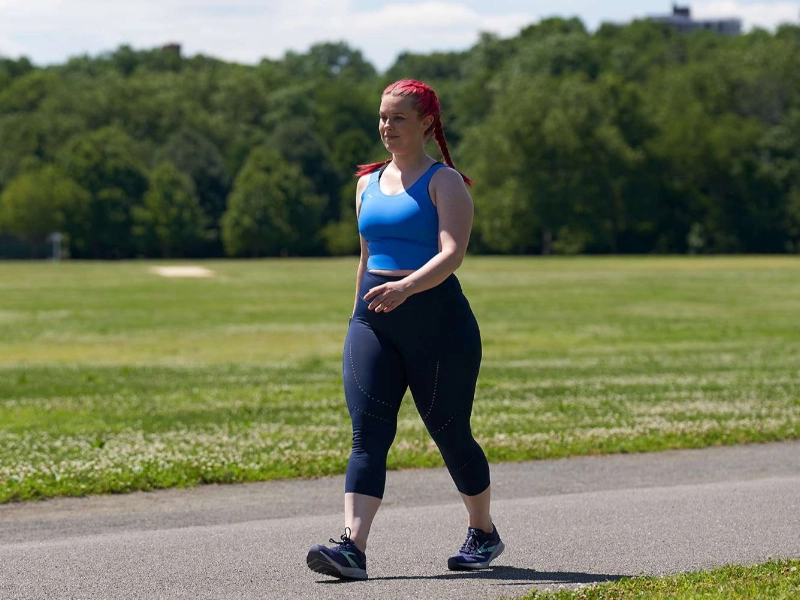
Walking is an accessible, low-impact activity that can help with both physical and mental well-being. It burns a good number of calories as well. Walking for 30 minutes a day can actually help you reach the NHS and CDC's recommendations for moderate activity each week.
Even though walking might not increase muscle mass as much as lifting weights, it can still help you become more resilient and strong overall. This is due to the fact that walking mostly uses the lower body muscles, such as the calves, hamstrings, and quadriceps. By using your abs to pull your belly button towards your spine, walking also helps to strengthen your core and encourage proper posture.
Try increasing the tempo and incorporating interval training into your walks for a more strenuous exercise. Take a two-minute leisurely walk, followed by a one-minute power walk. Do this three or five times in total. Alternatively, do a strenuous walk off-road to increase resistance and test your balance.
Boost your endurance.
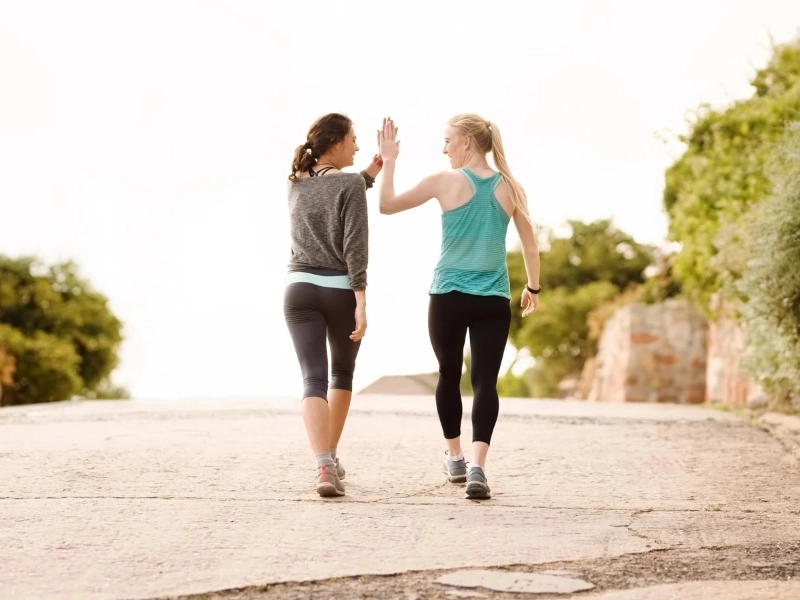
Walk quickly to improve your endurance and burn more calories. Increase the amount of time you spend walking briskly each day from 10 to 30 minutes. Try incorporating interval training if you have trouble walking quickly for 30 minutes at a time. After walking at your normal rate for one minute, alternate between walking at a faster pace and walking at a slower pace for two or three minutes.
By keeping track of your progress in a notebook or app, you can also increase the distance and duration of your daily walks. This will encourage you to keep working hard and track your development over time.
Walking on a regular basis can help build bones and muscles, burn fat, and enhance cardiovascular health, in addition to burning calories. It's an easy-to-do exercise that offers big health advantages, especially for people who are sedentary.
Boost Your Sleep

A restful night's sleep is essential for general health and well-being. You might be surprised to learn, though, that taking a walk before bed can promote deeper and more restful sleep. First of all,
Walking has been found in studies to increase the body's natural melatonin production, which promotes sleep.
In addition, it can help with digestion and lubricate the knees and hips to reduce pain from arthritis. Even lower blood sugar levels can reduce your chance of developing diabetes.
Although you can reap the benefits of this low-impact exercise at any time of day, experts advise devoting your regular stroll to the evening. In this manner, it will alert your body to start getting ready for sleep. Walking away from devices and artificial light sources also allows you to concentrate on decluttering your mind in order to reach a peaceful, meditative state. Consider it a type of mobile meditation! Try repeating a word or phrase that you find comforting, or try listening to an audiobook or podcast.
